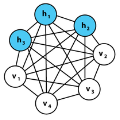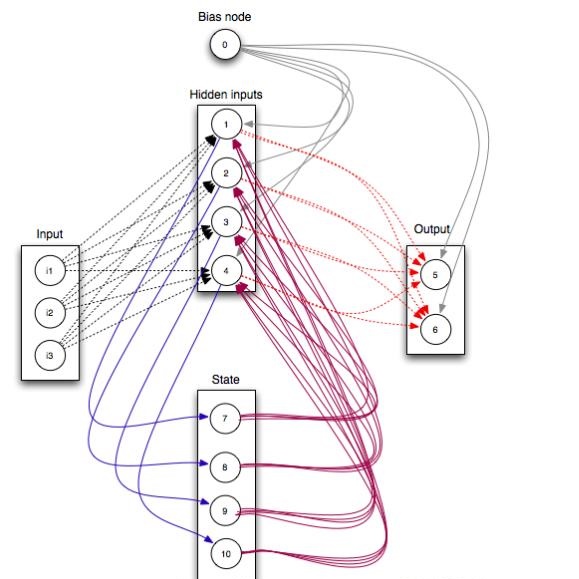Estimation of the large $Q$-matrix in Cognitive Diagnosis Models (CDMs) with many items and latent attributes from observational data has been a huge challenge due to its high computational cost. Borrowing ideas from deep learning literature, we propose to learn the large $Q$-matrix by Restricted Boltzmann Machines (RBMs) to overcome the computational difficulties. In this paper, key relationships between RBMs and CDMs are identified. Consistent and robust learning of the $Q$-matrix in various CDMs is shown to be valid under certain conditions. Our simulation studies under different CDM settings show that RBMs not only outperform the existing methods in terms of learning speed, but also maintain good recovery accuracy of the $Q$-matrix. In the end, we illustrate the applicability and effectiveness of our method through a real data analysis on the Cattell's 16 personality test data set.
翻译:对COnitive Diagnisism 模型(CDM)中大额Q$-矩阵的估算,由于观测数据中的许多项目和潜在属性是一个巨大的挑战,因为其计算成本很高。从深层学习文献中借用想法,我们提议学习限制的Boltzmann机器(RBMS)的大额Q$-矩阵,以克服计算困难。在本文件中,确定了成果管理制与清洁发展机制之间的关键关系。在某些条件下,对各种清洁发展机制中$Q-矩阵的一致和有力的学习证明是有效的。我们在不同的CDM环境下进行的模拟研究表明,按成果管理制不仅在学习速度方面超过了现有方法,而且还保持了美元矩阵的回收精度。最后,我们通过对Cattell的16个个个性测试数据集进行真正的数据分析,来说明我们的方法的适用性和有效性。




